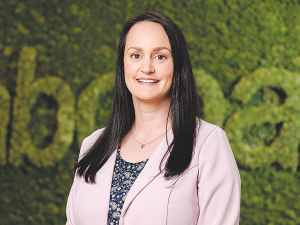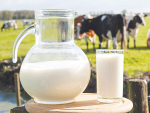She notes that while the last Global Dairy Trade (GDT) produces a drop in prices this followed six consecutive events with positive price movements.
"The recessionary fears prevalent among many countries throughout 2023 have largely passed," says Higgins.
"We've also seen positive developments in China with retail and food service sales showing strength through the Lunar New Year.
"Slowing milk production growth in China means we expect imports to improve in 2024, even if they remain lower than the long-term average."
Higgins says the bank's expectation is that slow but steady dairy commodity price gains will materialise this year.
Rabobank has lifted its forecast payout for the season by 5c to $7.80/kgMS, to match Fonterra's forecast mid-point. The co-op, which releases its interim results this week, will give another update on the forecast price.
While dairy prices are expected to rise, there are some things worth watching out for, including upcoming eletions in many key dairy regions.
"European parliament elections are approaching in June while Americans will go to the polls to elect a new president and many members of Congress in November," Higgins says.
"Any leadership shifts could mean new approaches to policy, including free trade agreements, sustainability policies, or nutition priorities that trickle back to impact dairy prices."
Sector participants will also be keeping a close eye on developments in the Dutch and Irish dairy sectors where farmers are facing lower nitrogen derogation limits that will decrease application rates of organic nitrogen from animal manure in the 2024 season and beyond.
"This will reduce carrying capacity per hectare, which could result in farmers re-balancing their herd size and/or higher costs for manure disposal," says Higgins.
"And it's not just the Netherlands and Ireland dealing with this challenge, with Denmark's derogation allowance also up for renewal in July 2024."
Other watch factors identified in the report include geopolitical conflict, weather patterns and feed costs.


















